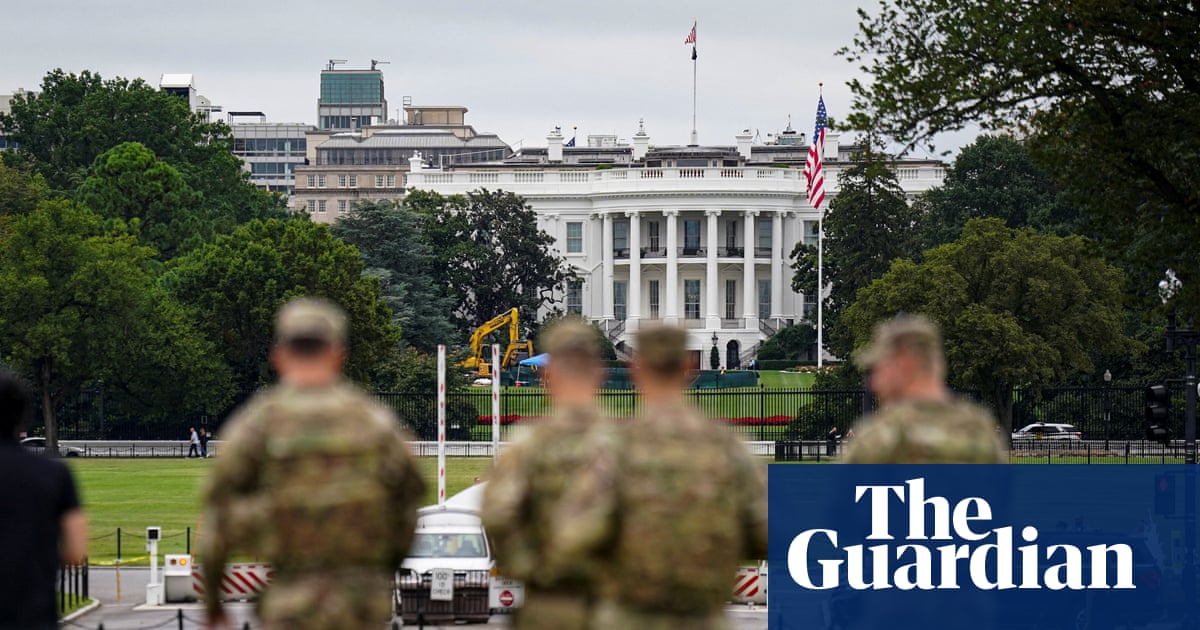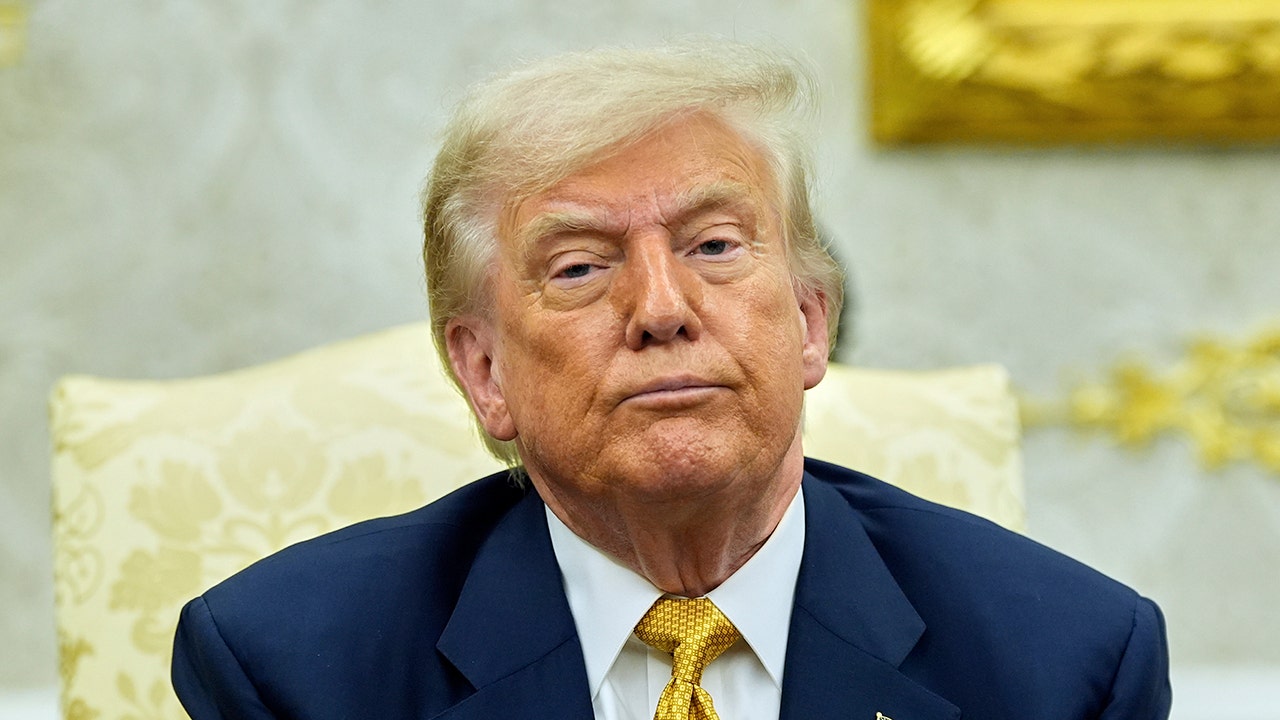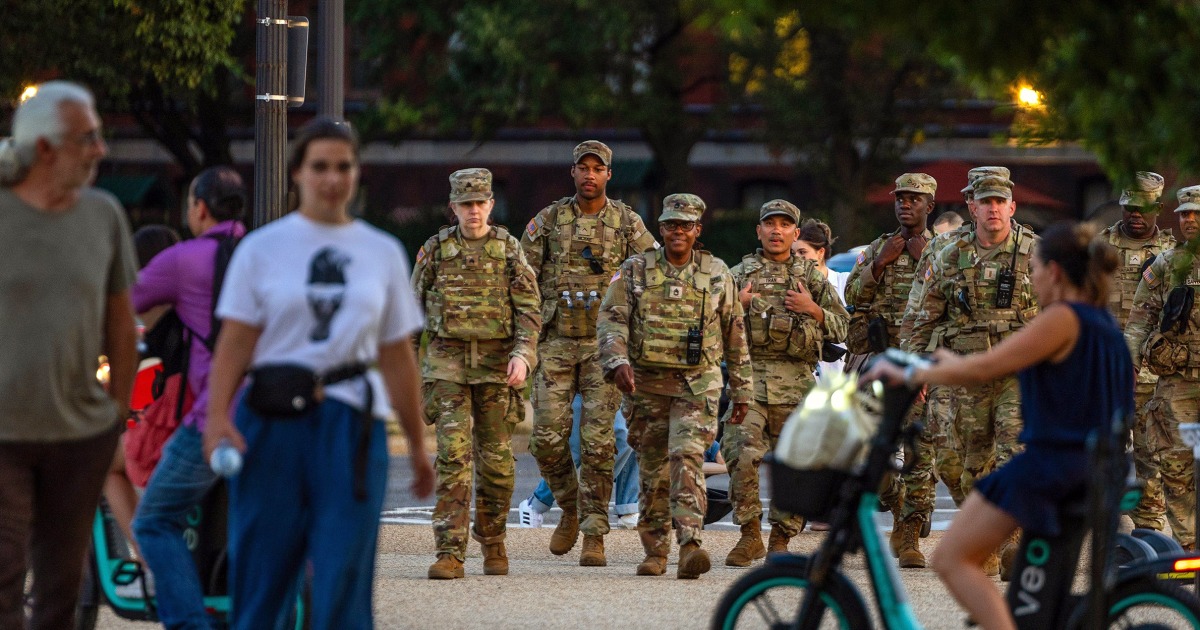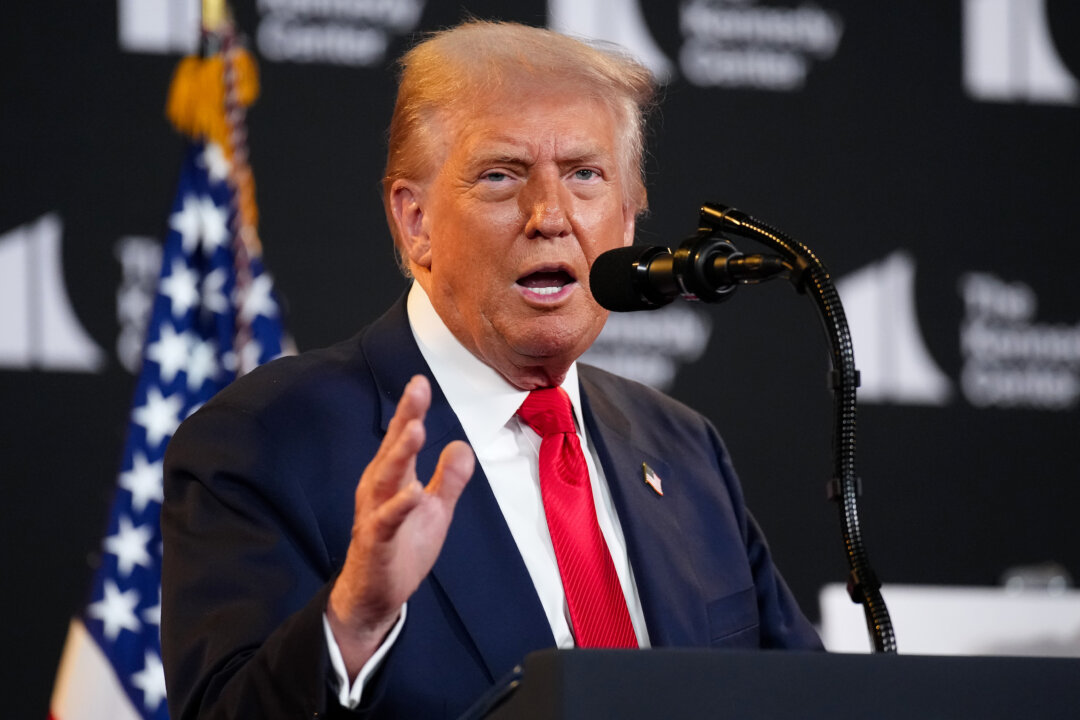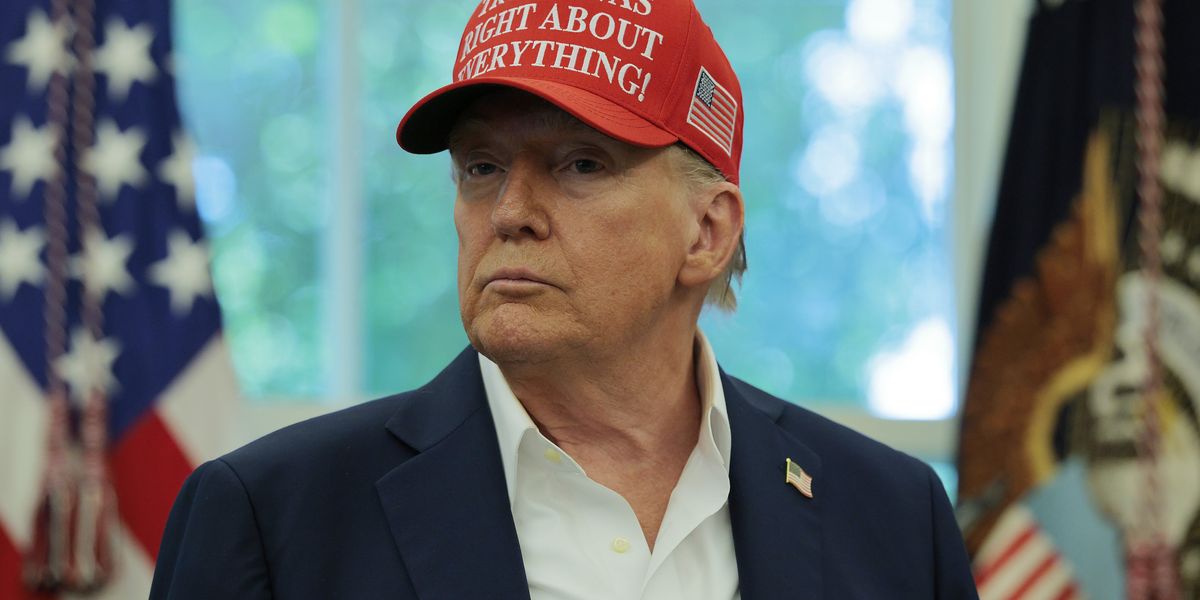President Trump Proposes Crime and Homelessness Strategy for Chicago Amid Local Opposition
President Trump announced a strategy to combat crime and homelessness in Chicago, criticizing its state and raising immigration concerns. Chicago officials oppose his proposed National Guard deployment, despite a 15% crime reduction.
Subscribe to unlock this story
We really don't like cutting you off, but you've reached your monthly limit. At just $5/month, subscriptions are how we keep this project going. Start your free 7-day trial today!
Get StartedHave an account? Sign in
Overview
- President Trump announced a strategy to combat crime and homelessness in Chicago, criticizing the city's condition as dangerous and a "mess," and linking it to illegal immigration concerns.
- Trump's proposed plan for Chicago includes deploying the National Guard, a move similar to his previous actions in Washington to address violent crime and federalize the police.
- Chicago officials, led by Mayor Brandon Johnson, strongly oppose the deployment of National Guard troops, expressing concerns that it would heighten tensions within the city.
- Despite Trump's criticisms, Chicago has experienced a significant 15% decrease in violent crime since 2023, marking its largest reduction in over a decade.
- The strategy echoes Trump's August deployment of federal law enforcement to Washington, where he federalized the Metropolitan Police Department to tackle violent crime.
Report issue

Read both sides in 5 minutes each day
Analysis
Center-leaning sources frame the story by emphasizing the strong opposition from Illinois officials to Trump's proposed National Guard deployment, portraying it as an "unlawful" and politically motivated "power grab." They consistently highlight declining crime rates in Chicago and D.C. to counter Trump's justifications, while also providing editorial context that suggests his actions are part of a long-standing, politically charged narrative targeting Democratic-led cities.
Articles (15)
Center (5)
FAQ
Chicago has experienced significant decreases in violent crime through the first half of 2025, with homicides down by about 33% and shootings down by 39% compared to the same period last year. This is part of a broader trend of declining violent crime in the city, following a spike in such incidents during the COVID-19 pandemic.
Chicago officials, led by Mayor Brandon Johnson, strongly oppose President Trump's proposal to deploy the National Guard to address crime and homelessness, fearing it would increase tensions within the city.
Historically, Chicago's crime rates have fluctuated, with significant increases in the 1920s and late 1960s, as well as in the 2020s. The city experienced a decline in overall crime in the 2000s but saw a rise in murders in 2016.
History
- 2M

 3 articles
3 articles
- 2M

 5 articles
5 articles

